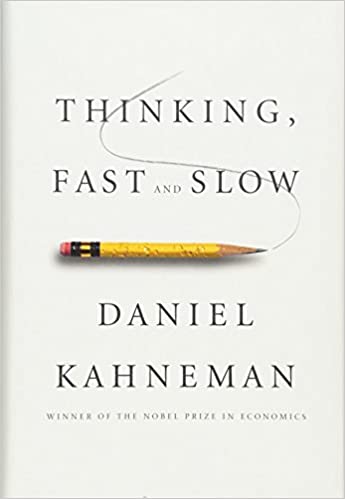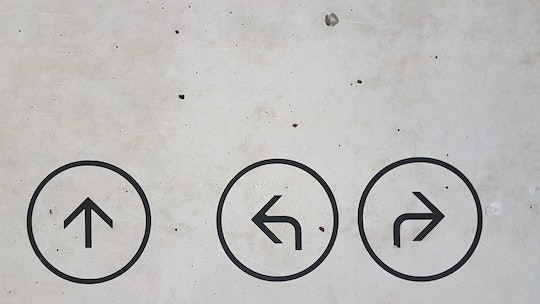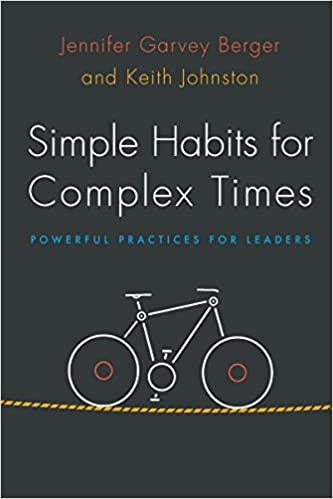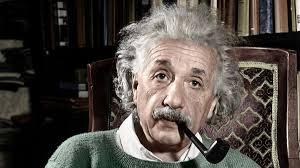“To think too long about doing a thing often becomes its undoing.”
—Eva Young, M.D. Orthopedic Physician
How familiar are you with the concept of BE, DO, HAVE?
One way to describe this idea might sound like: in order to HAVE the life you desire you must DO the things that are consistent with your vision, values and BEINGNESS.
Other examples of this could be wanting to be healthy and fit without the proper nutrition, exercise, and rest, or wanting to move up in your career without doing the hard work to earn your advancement.
EXERCISE:
Where are you procrastinating and still thinking about what you most want in your life? What must you begin doing today to not have this habit become your undoing?










